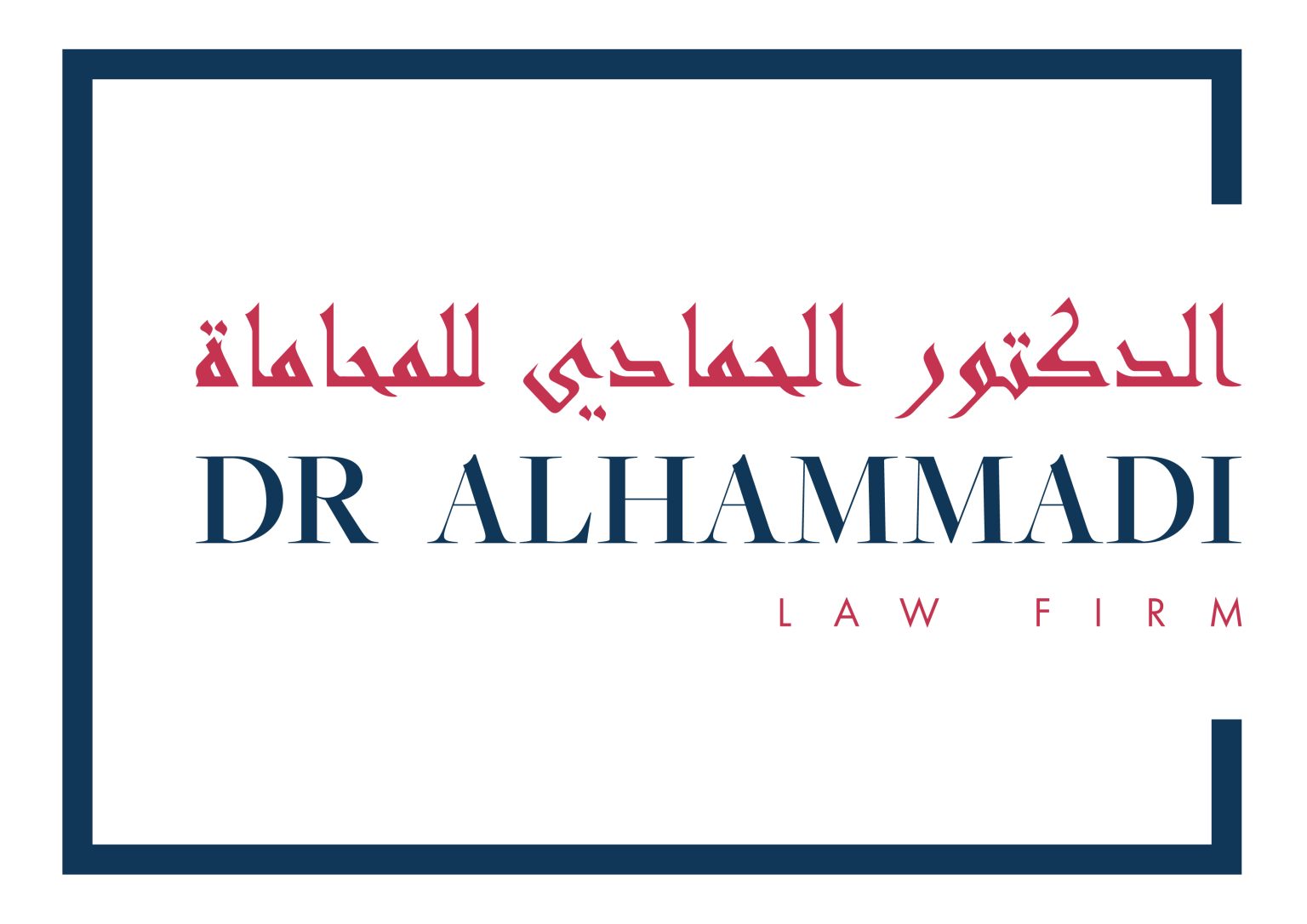Dubai’s booming economy has necessitated a strong legal framework to manage escrow services, particularly in high-value sectors like real estate, commodities, and cryptocurrency. Below, we explore the laws governing escrow arrangements in Dubai, focusing on compliance demands and the importance of working with experienced legal professionals.
1. Real Estate Escrow Accounts: Safeguarding Off-Plan Sales
Dubai’s Escrow Account Law (Law No. 8 of 2007) lays down the foundation for managing off-plan real estate transactions. The law compels developers to channel payments from buyers into escrow accounts restricted to project expenses. Oversight by the Dubai Land Department (DLD) enhances the transparency and accountability of these accounts.
- Regulatory Highlights:
- Developers must comply with DLD registration requirements before opening escrow accounts at authorized banks.
- Periodic audits are obligatory to verify that funds are allocated solely to construction and related costs.
2. Escrow Beyond Real Estate: Commodities and Large-Scale Deals
While real estate has a dedicated legal framework, high-value transactions such as commodities trading and bespoke agreements rely on contractual arrangements governed by the UAE Civil Code and Commercial Transactions Law.
- Legal Considerations:
- Detailed agreements should outline the roles, responsibilities, and dispute resolution processes for all parties involved.
3. Anti-Money Laundering Obligations for Escrow Accounts
Escrow services in Dubai are tightly linked to Anti-Money Laundering (AML) and Counter-Terrorism Financing (CTF) regulations, as mandated by Federal Decree-Law No. 20 of 2018. These measures aim to deter financial crimes across all sectors.
- Key Compliance Responsibilities for Escrow Agents:
- Conduct comprehensive customer due diligence (CDD) before processing transactions.
- Report any suspicious activity to the UAE Central Bank’s Financial Intelligence Unit (FIU).
- Retain financial records for a minimum of five years to meet regulatory requirements.
4. Licensing Requirements for Escrow Service Providers
Entities involved in escrow services must possess valid licenses issued by relevant Dubai authorities. Operating without proper licensing is strictly prohibited, underscoring the need for working with trusted providers.
Dr. Alhammadi Law Firm: Expertise in Escrow for High-Stakes Transactions
With a strong reputation for excellence, Dr. Alhammadi Law Firm provides comprehensive escrow services for property deals, commodities trading, and cryptocurrency transactions. For clients managing digital assets, the firm collaborates exclusively with licensed institutions and offers support for adding insurance coverage to protect funds from cyberattacks or theft.
The firm also drafts robust agreements and ensures that all transactions align with Dubai’s legal and regulatory standards. Whether addressing the complexities of real estate deals or overseeing compliance for commodities and crypto-related arrangements, Dr. Alhammadi Law Firm is a trusted legal partner in Dubai.
The Importance of Professional Oversight in Escrow Transactions
Navigating Dubai’s intricate legal framework for escrow services without professional expertise can result in serious financial or legal risks. Choosing a law firm with deep knowledge of local regulations and global best practices minimizes exposure to disputes, fraud, or regulatory breaches.
Dr. Mohamed Alhammadi Advocates & Legal Consultants Office provides escrow and/or paymaster services only where such services are ancillary and wholly incidental to the provision of legal services.


